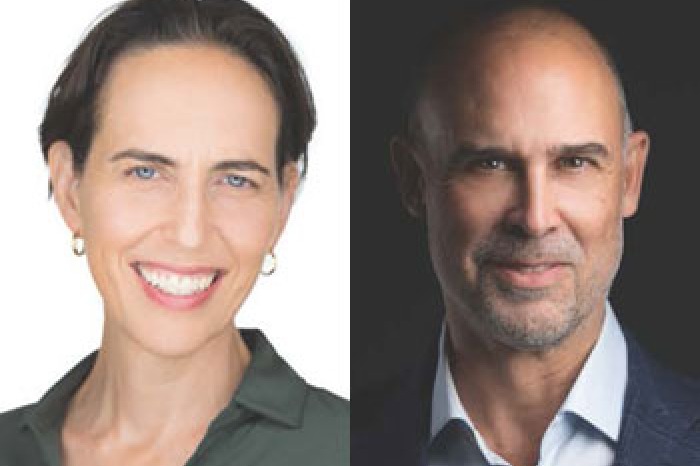
Narratives of Mass Atrocity: Victims and Perpetrators in the Aftermath
Narratives of Mass Atrocity: Victims and Perpetrators in the Aftermath
Event abstract:
This talk addresses the aftermath of mass conflict and the difficulty of accountability and justice mechanisms premised on clear roles. Individuals can assume—and be assigned—multiple roles throughout a conflict: perpetrators can be victims, and vice versa; heroes can be reassessed as complicit and compromised. Long-term positive peace requires understanding the narrative dynamics within and between groups, demonstrating the blurring of victim-perpetrator boundaries, and acknowledging their overlapping roles. This project grew out of a workshop at Harvard University with senior genocide scholars whose research focuses on different regions of the world.
Speakers:
Sarah Federman, an Associate Professor of Conflict Resolution at the University of San Diego’s Kroc School of Peace Studies, studies the intersection of business and mass atrocity. She is the author of the award-winning Transformative Negotiation: Strategies for Everyday Change and Equitable Futures (University of California Press, 2023) and the award-winning Last Train to Auschwitz: The French National Railways and the Journey to Accountability (University of Wisconsin 2021). Federman is also a frequent instructor at the Department of State and their Foreign Service Institute where she trains future diplomats.
Ronald Niezen is Professor of Practice in Sociology at the University of San Diego and an Associate Member of the Faculty of Law at McGill University. He completed a doctoral degree in Social Anthropology at Cambridge, for which he spent ten months living and travelling in northern Mali. His first job after the PhD was with the Cree Board of Health and Social services of James Bay, following which he spent many years working with Indigenous organizations based in northern Canada. He was for many years a professor in the Department of Anthropology and Faculty of Law at McGill University and also held positions as a professor of anthropology and of social studies at Harvard University.
Sponsored by the International Studies Concentration. Open to the public.

Event abstract:
This talk addresses the aftermath of mass conflict and the difficulty of accountability and justice mechanisms premised on clear roles. Individuals can assume—and be assigned—multiple roles throughout a conflict: perpetrators can be victims, and vice versa; heroes can be reassessed as complicit and compromised. Long-term positive peace requires understanding the narrative dynamics within and between groups, demonstrating the blurring of victim-perpetrator boundaries, and acknowledging their overlapping roles. This project grew out of a workshop at Harvard University with senior genocide scholars whose research focuses on different regions of the world.
Speakers:
Sarah Federman, an Associate Professor of Conflict Resolution at the University of San Diego’s Kroc School of Peace Studies, studies the intersection of business and mass atrocity. She is the author of the award-winning Transformative Negotiation: Strategies for Everyday Change and Equitable Futures (University of California Press, 2023) and the award-winning Last Train to Auschwitz: The French National Railways and the Journey to Accountability (University of Wisconsin 2021). Federman is also a frequent instructor at the Department of State and their Foreign Service Institute where she trains future diplomats.
Ronald Niezen is Professor of Practice in Sociology at the University of San Diego and an Associate Member of the Faculty of Law at McGill University. He completed a doctoral degree in Social Anthropology at Cambridge, for which he spent ten months living and travelling in northern Mali. His first job after the PhD was with the Cree Board of Health and Social services of James Bay, following which he spent many years working with Indigenous organizations based in northern Canada. He was for many years a professor in the Department of Anthropology and Faculty of Law at McGill University and also held positions as a professor of anthropology and of social studies at Harvard University.
Sponsored by the International Studies Concentration. Open to the public.
